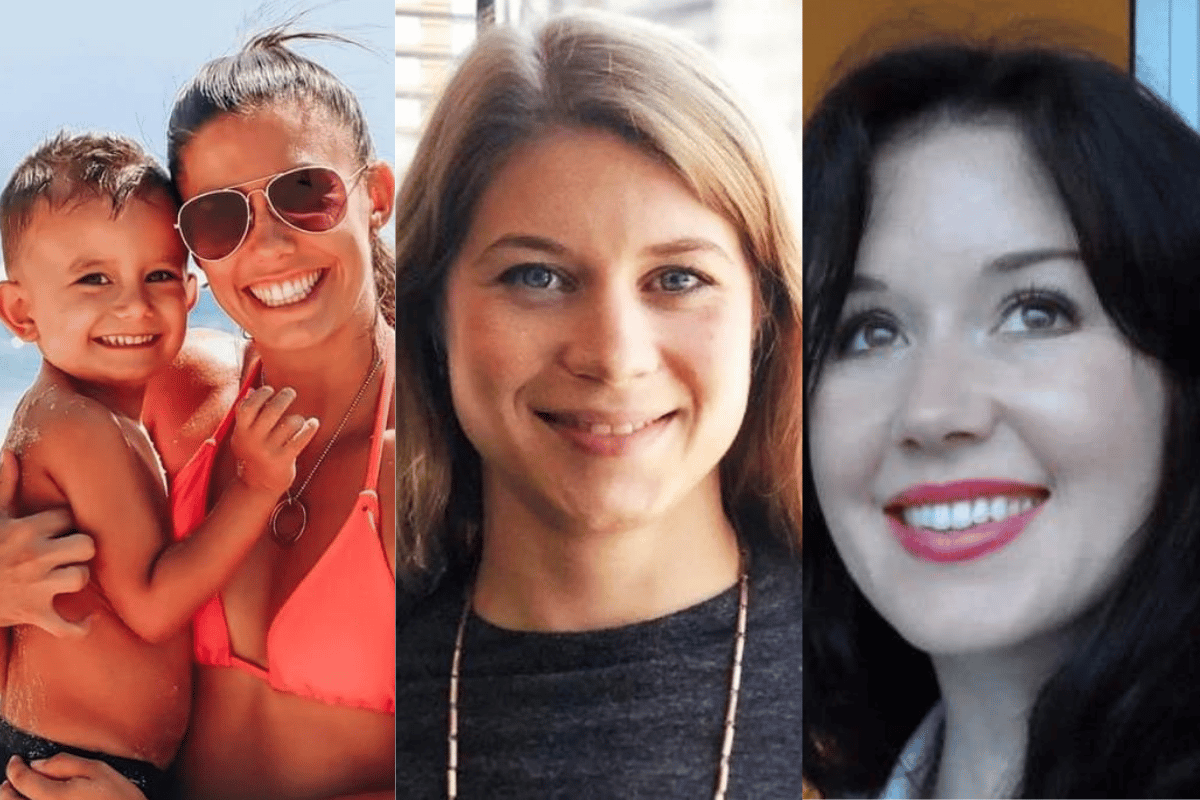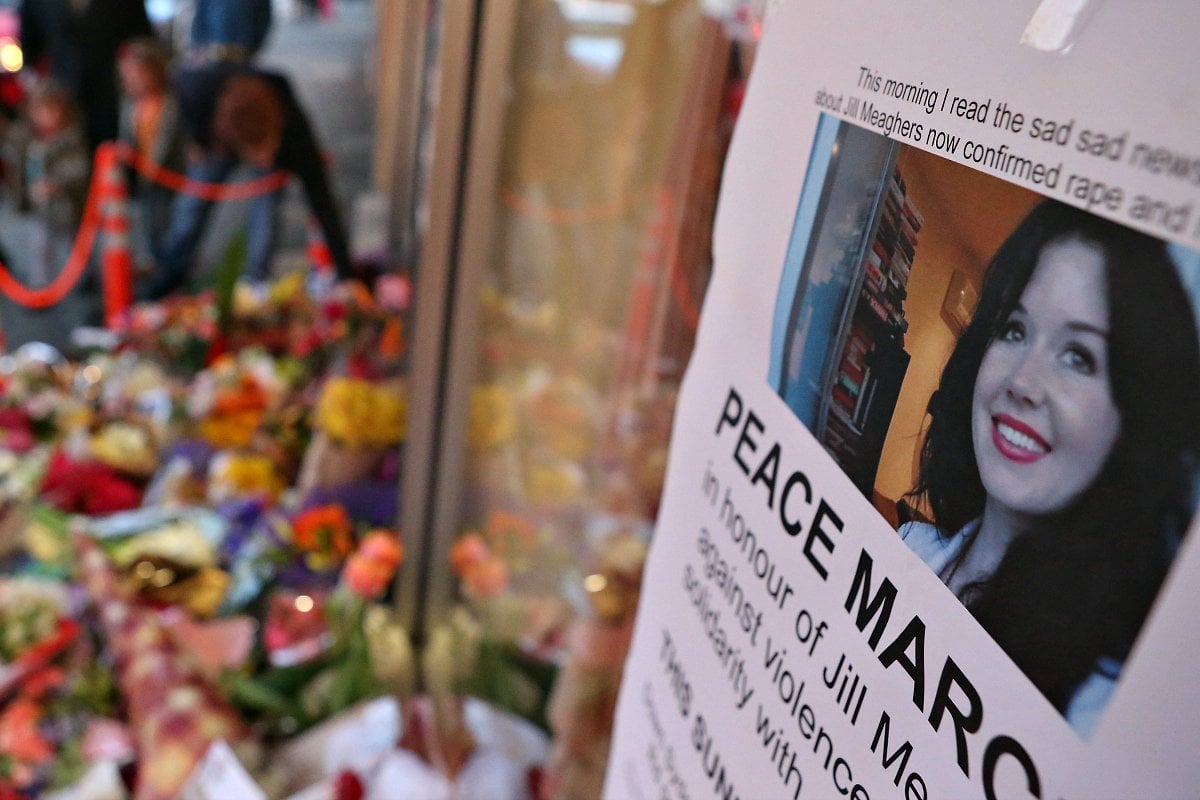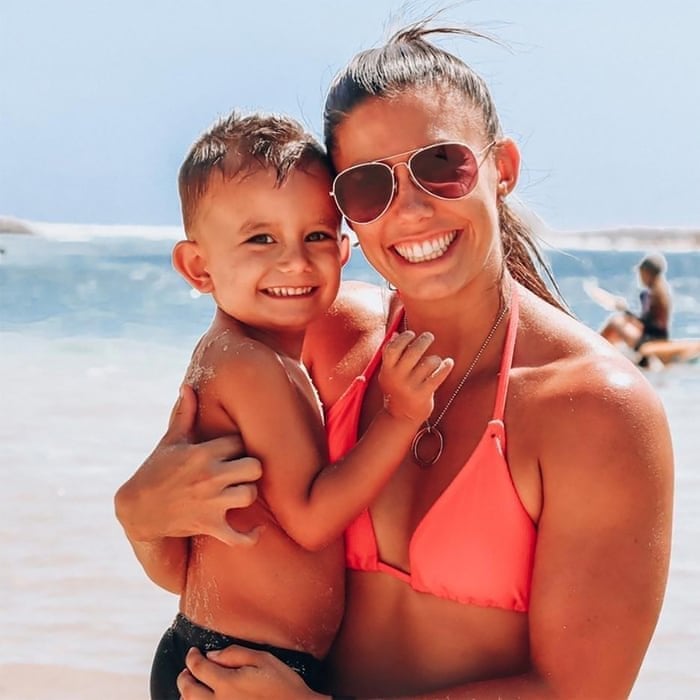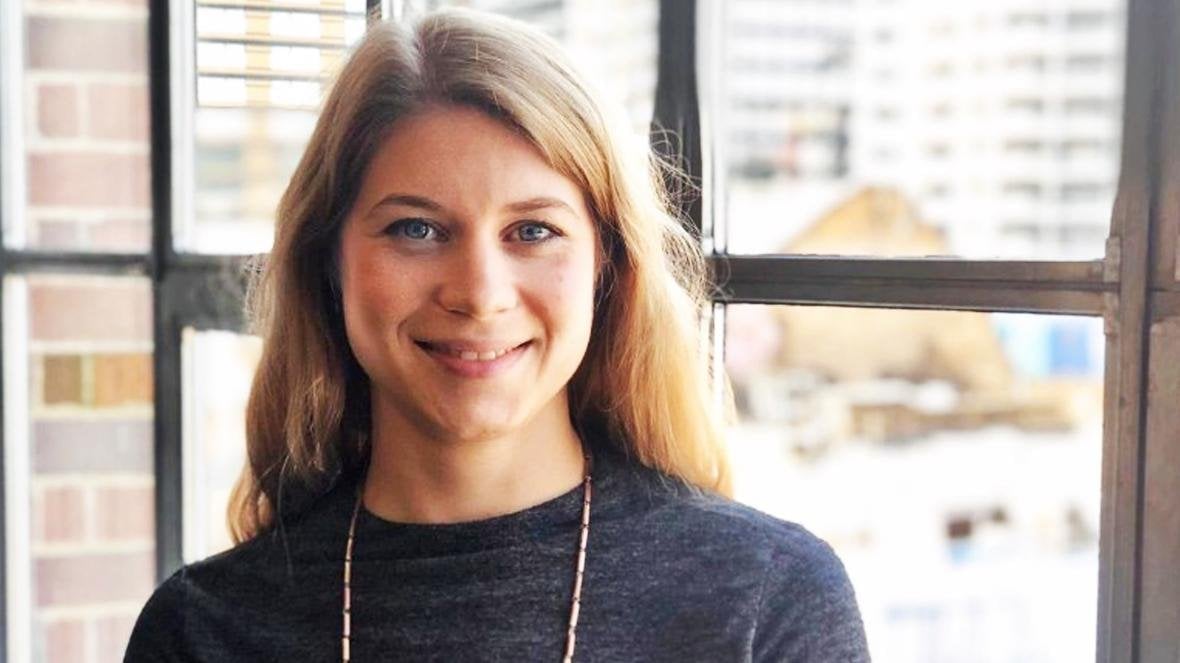
This post deals with domestic violence and could be triggering for some readers.
Almost a decade ago, in September 2012, Jill Meagher was out having drinks with friends in Brunswick, Melbourne.
At 1.30am, the 29-year-old left the pub to walk home.
But she never made it.
 Jill Meagher. Image: Getty.
Jill Meagher. Image: Getty.
Instead, she was dragged down a laneway, raped and murdered, just 400m from the house she shared with husband, Tom.



Top Comments